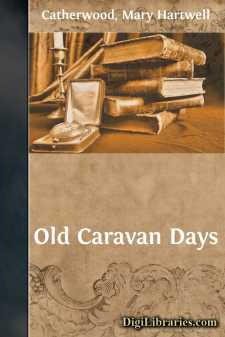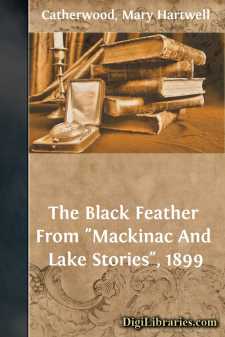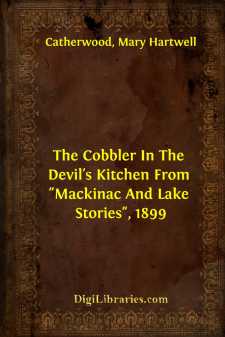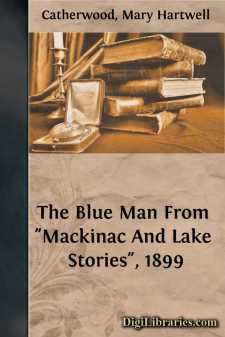Categories
- Antiques & Collectibles 13
- Architecture 36
- Art 48
- Bibles 22
- Biography & Autobiography 813
- Body, Mind & Spirit 142
- Business & Economics 28
- Children's Books 17
- Children's Fiction 14
- Computers 4
- Cooking 94
- Crafts & Hobbies 4
- Drama 346
- Education 46
- Family & Relationships 57
- Fiction 11829
- Games 19
- Gardening 17
- Health & Fitness 34
- History 1377
- House & Home 1
- Humor 147
- Juvenile Fiction 1873
- Juvenile Nonfiction 202
- Language Arts & Disciplines 88
- Law 16
- Literary Collections 686
- Literary Criticism 179
- Mathematics 13
- Medical 41
- Music 40
- Nature 179
- Non-Classifiable 1768
- Performing Arts 7
- Periodicals 1453
- Philosophy 64
- Photography 2
- Poetry 896
- Political Science 203
- Psychology 42
- Reference 154
- Religion 513
- Science 126
- Self-Help 84
- Social Science 81
- Sports & Recreation 34
- Study Aids 3
- Technology & Engineering 59
- Transportation 23
- Travel 463
- True Crime 29
Old Caravan Days
Description:
Excerpt
CHAPTER I.
THE START.
In the year eighteen hundred and fifty-seven, on the fifth day of June, the Padgett carriage-horses faced the west, and their mistress gathered the lines into her mitted hands.
The moving-wagon was ready in front of the carriage. It was to be driven by Zene, the lame hired man. Zene was taking a last drink from that well at the edge of the garden, which lay so deep that your face looked like a star in it. Robert Day Padgett, Mrs. Padgett's grandson, who sat on the back seat of the carriage, decided that he must have one more drink, and his aunt Corinne who sat beside him, was made thirsty by his decision. So the two children let down the carriage steps and ran to the well.
It was like Sunday all over the farm, only the cattle were not straying over the fields. The house was shut up, its new inhabitants not having arrived. Some neighbor women had come to bid the family good-bye again, though it was so early that the garden lay in heavy dew. These good friends stood around the carriage; one of them held the front-door key in trust for the new purchaser. They all called the straight old lady who held the lines grandma Padgett. She was grandma Padgett to the entire neighborhood, and they shook their heads sorrowfully in remembering that her blue spectacles, her ancient Leghorn bonnet, her Quaker shoulder cape and decided face might be vanishing from them forever.
"You'll come back to Ohio," said one neighbor. "The wild Western prairie country won't suit you at all."
"I'm not denying," returned grandma Padgett, "that I could end my days in peace on the farm here; but son Tip can do very little here, and he can do well out there. I've lost my entire family except son Tip and the baby of all, you know. And it's not my wish to be separated from son Tip in my declining years."
The neighbors murmured that they knew, and one of them inquired as she had often inquired before, at what precise point grandma Padgett's son was to meet the party; and she replied as if giving new information, that it was at the Illinois State line.
"You'll have pretty weather," said another woman, squinting-in the early sun.
"Grandma Padgett won't care for weather," observed the neighbor with the key. "She moved out from Virginia in the dead o' winter."
"Yes; I was but a child," said grandma Padgett, "and this country one unbroken wilderness. We came down the Ohio River by flatboat, and moved into this section when the snow was so deep you could ride across stake-and-rider fences on the drifts."
"Folks can get around easier now, though," said the squinting neighbor, "since they got to going on these railroads."
"I shipped part of my goods on the railroad," remarked grandma Padgett with—a laugh. "But I don't know; I ain't used to the things, and I don't know whether I'd resk my bones for a long distance or not. Son Tip went out on the cars."
"The railroads charge so high," murmured a woman near the back wheels. "But they do say you can ride as far West as you're a goin' on the cars."
"How long will you be gettin' through?" inquired another....












